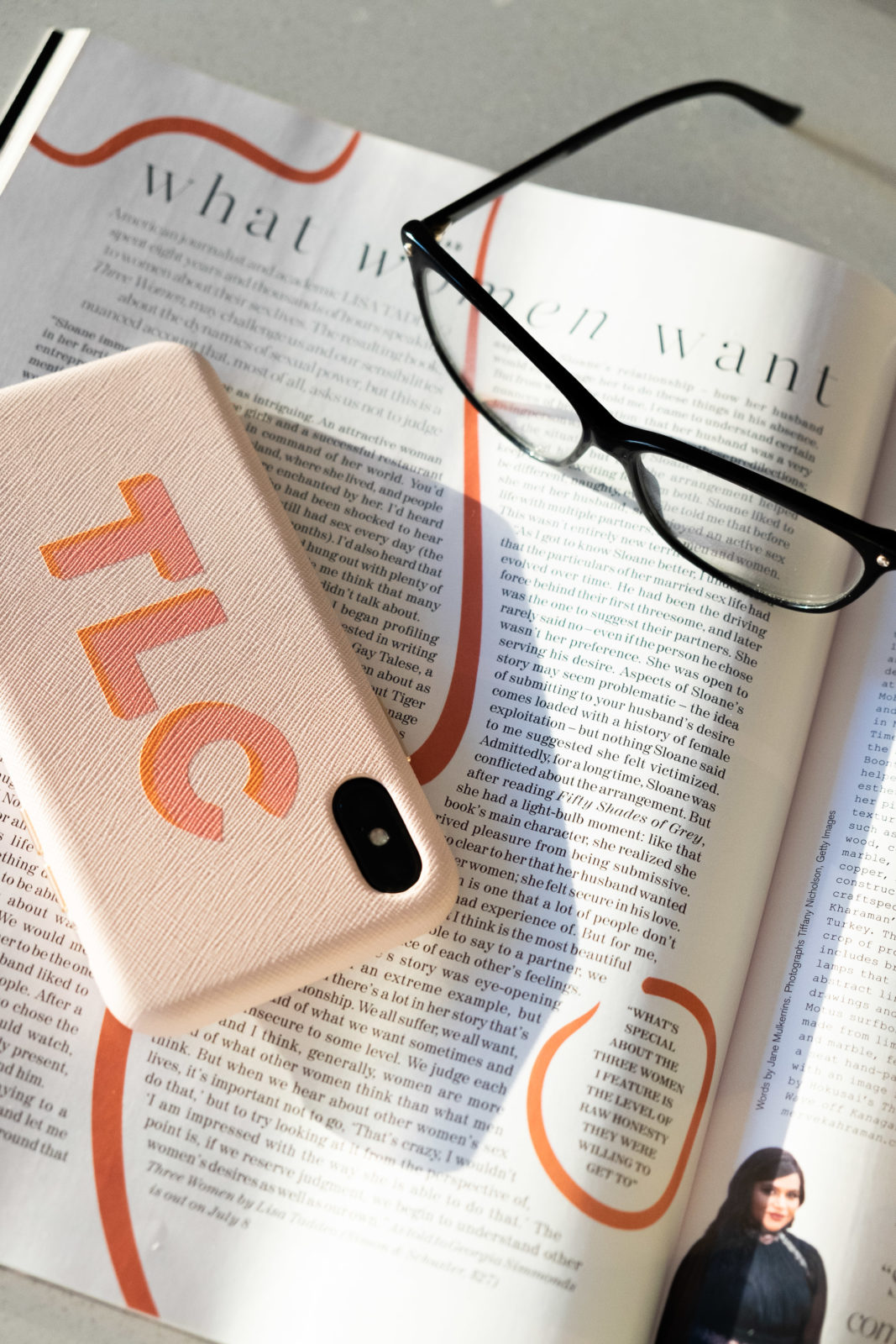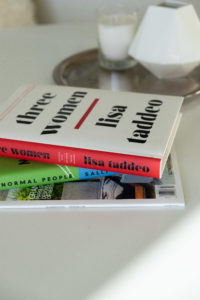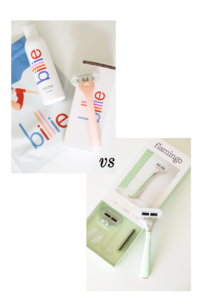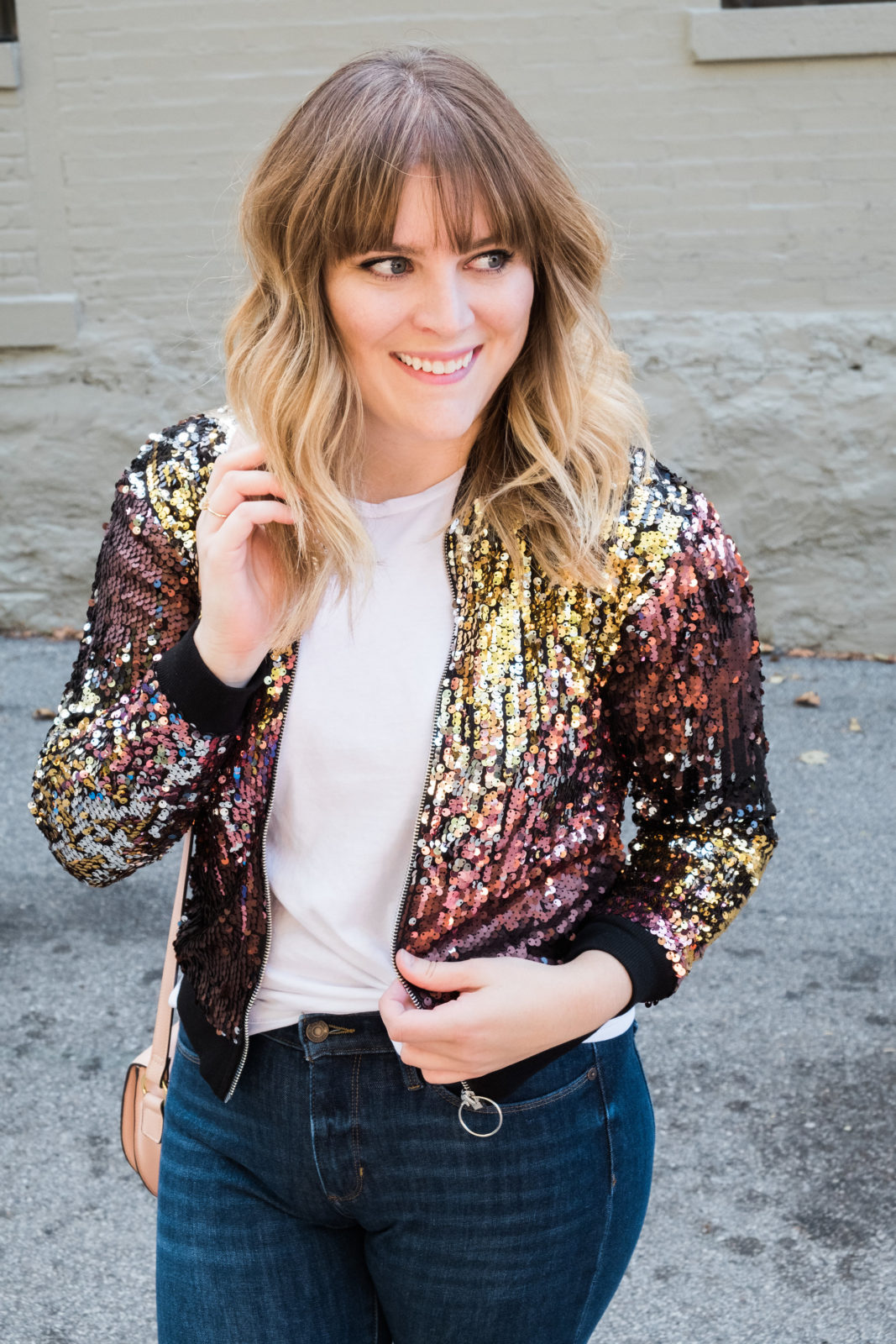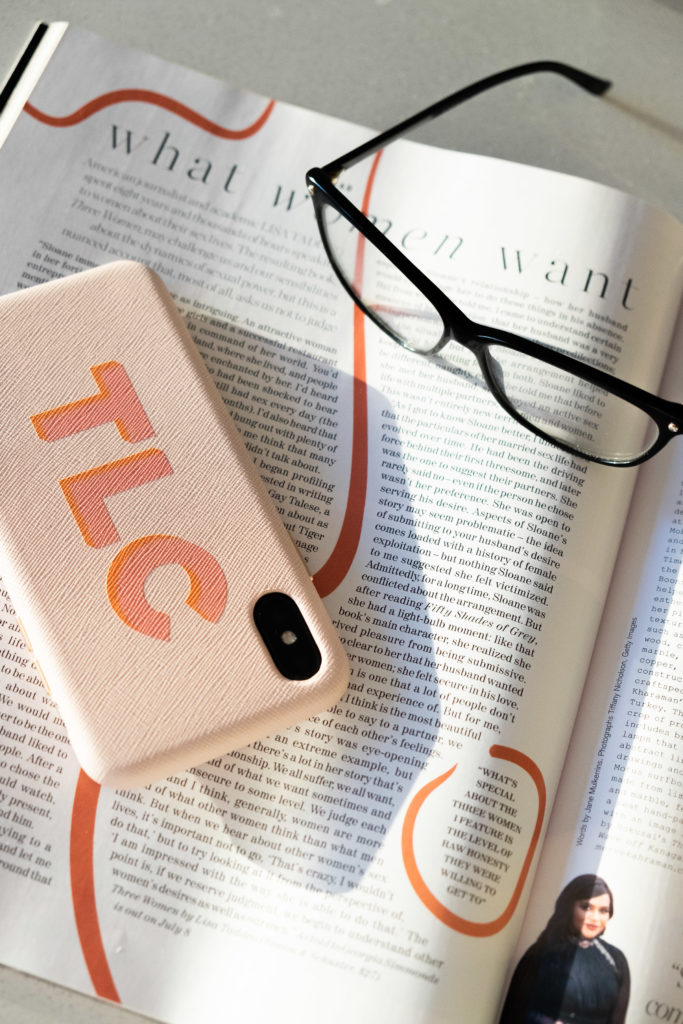
All day, every day we’re in front of our computers or our phones. Then when we’re done with work, we spend all evening in front of our computers, our phones, our TVs, our tablets. It’s the greatest thing ever and it’s the worst thing ever. I love being so connected. But I realized being so connected was draining me, mentally and emotionally. So I decided to do a digital detox.
I started to feel like I was becoming addicted to my phone. Using screen time on my iPhone made me realize just how much I was using my phone each day. I used it as a distraction anytime I wanted to procrastinate. My phone was the first thing I’d see every morning and the last thing I’d see at night. I started feeling physical symptoms of phone addiction like dry eyes, headaches, and a short attention span. The hardest thing for me was the short attention span. I could feel myself just needing a domain shift unexpectedly and for no reason. And it was because my phone has conditioned me to switch so easily between focuses. I am by no means qualified to talk about the science behind it, but there are lots of things to read out there about developing ADD from phone use. Just google it.
So what do you do when you start to feel emotional and physical symptoms of using your phone too much?
Digital Detox.
Being so connected to your phone is like eating fast food every single day and being like why do I feel so terrible? Then you eat a kale salad and think oh, it’s because I was inundating myself with terrible things. Luckily, you don’t need to go on some expensive retreat to start feeling better and break away from electronic overload.
Have Phone/Electronics Free Days
One of the first things I tried in my digital detox experience was having one day a week dedicated to being phone free. You will either think this sounds absolutely freeing and wonderful or you will be frightened and clutching your phone.
It feels so silly to even have an iota of anxiety about not having your phone for one day, but that’s how your addiction is creating a single point of failure for your life. If we lost our cell phones tomorrow, what would we do? Everything in our lives is so connected to the Internet of Things. You probably have most things in your home connected to your phone: TV, smart assistant, HV/AC, lights, laundry, even my Nespresso is connected to my phone. It’s a lot. So having one dedicated day a week to disconnect from all that can help ease your anxiety.
I chose Sunday as my phone-free day. It was pretty easy because I don’t do much on Sundays. Usually Chuck and I go for a long walk. Then I go to Whole Foods and have anxiety about the produce. Then I spend the day reading or taking photos. Sometimes we have movie days and just lay on the couch all day. Sometimes I will use my laptop to write when I’m feeling inspired, but I don’t open my email or have any notifications on so I’m still pretty disconnected. It’s helped immensely in feeling less anxiety and has helped me feel truly recharged for the week ahead.
If you’re worried that people will text you or call you on your phone-free day, getting over that will be part of the detox. But if you think not responding immediately might upset people, you can either turn off your phone or you can use Do Not Disturb and set an auto-reply to certain contacts. It’s like setting up an out of office for your phone. Don’t feel bad for wanting people to respect your free time and the only time you may have during the week to recharge.
Use Screen Time
The first major step in detoxing my digital life was getting a realistic look at how much I was using my phone. Screen Time is the best thing on my iPhone honestly. It has been so helpful in realizing how much I was using it and I could relate that directly to how I was feeling. I took the top 3 app categories and put limits on them. I realized I was spending so much time using the NYT Crossword app. As in 3 hours a day on average of time on the NYT Crossword app. In my defense, did you know they have tons of old crosswords. So I would just watch my stories on the TV and do crosswords. I can feel my therapist being embarrassed for me on this one. Anyway, I put a 30 minute a day time limit on games in my phone.
Instagram is the worst offender of time used on my phone. I don’t even want to say how many hours on average I was spending on it. So I started by giving myself a 2 hour per day time limit. Over months, I’ve dropped it down to 1 hour a day. Sometimes I snooze my limit for the day a few times because I’m having a good time on Instagram. But for the most part it’s been easy to not spend as much time there.
Pick Up A Book
One of the worst parts of feeling addicted to your phone is the constant need to be distracted. When I feel myself needlessly picking up my phone I set it down and leave the room. Every time I find myself in this situation, I pick up a book and read. One of the reasons I wasn’t reading as much as I used to was because I was feeling exhausted at the end of the day. A big part of that was spending so much time in front of my phone and laptop. So I just decided that every time I knew I was using my phone as a distraction, I would read instead.
The alternative doesn’t have to be reading, it could be any hobby or interest of yours. Maybe it’s painting, photography, or knitting. If you don’t have a hobby, what a great opportunity to try a lot and see what you like. The idea is to find something you want to stay focused on so that you aren’t seeking distraction and helping your brain to shift from developing a short attention span.
Delete Apps
If it doesn’t bring you joy or makes you feel bad in any way, get rid of it. This applies to all things in life, but I feel it applies to your digital life pretty well. Deleting apps that you will have a hard time ignoring may be the best choice.
Even the act of deleting apps you haven’t used in forever is liberating. You know when you clean out your closet and get rid of one white t-shirt because you have a lot already? That’s the feeling you get deleting apps. You’re no longer burdened by these extra apps taking up space in your life. It feels good to lighten the load of your digital life.
Unfollow As Many People As You Want
You are under no obligation to follow anyone on any social media platform that you don’t want to or who doesn’t make you feel good. That’s the detox part of digital detox.
That’s it. That’s the advice.
Just Take A Break
Besides feeling addicted to my phone, I wasn’t even really enjoying using it. The things that used to be so fun, like Instagram, just weren’t making me feel good anymore. It didn’t feel good to be creating photos and fun content and not even my friends were engaged with it. But they were engaging with random influencers and reality stars. So I just took a break.
If you feel like something is bringing you down or not adding to your life, sometimes the best thing to do is to take a break and come back better. Again, this definitely applies to anything in life, but social media is a great example. Take two days off, take a week off, take a month off. However long you need to get some space and some perspective. Social media should be inspirational, not aspirational so use it to enrich your life.
The point of having a digital detox is to break bad habits to help you feel better. Once you start taking control of how much you use your phone or laptop, it becomes easier to not rely on it for distraction or function as much. Our brains need a break from constantly being overwhelmed. If you’ve done a digital detox, leave your tips and tricks in the comments!




